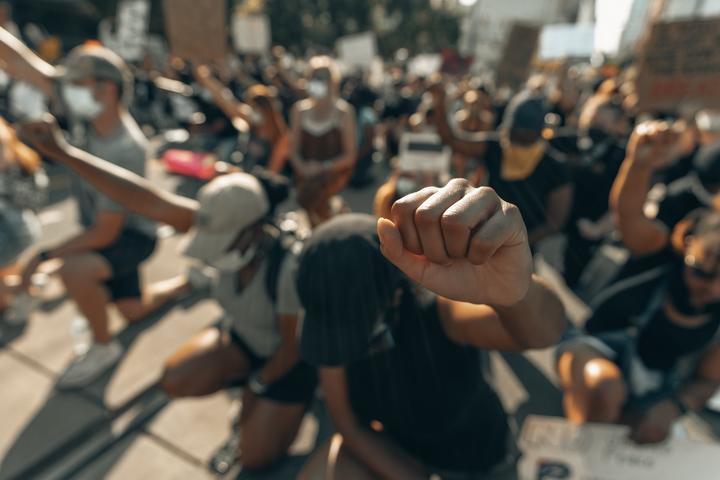 Image credit: Clay Banks
Image credit: Clay BanksResumen
Why do people participate in different forms of collective action? This article analyses the impact that perceptions of injustice in the way authorities treat citizens and the legitimacy of authorities have on attitudes towards normative, e.g., voting in a plebiscite or peacefully protesting, and non-normative, e.g., violent protests or barricades, collective action. We propose a dialogue between the social psychology of social movements and theories of social justice and legitimacy to consider the joint effect of perceived injustices and legitimacy on collective action. We analysed data from a representative sample of the Chilean population (n = 1,805). Through an analysis of structural equations we found that perceived injustice is related to lower beliefs in the legitimacy of authorities, and that this leads to a greater justification for non-normative collective action and lower justification for normative collective action. Results were analysed within the current context of radicalization of social mobilizations throughout the world and in Chile.